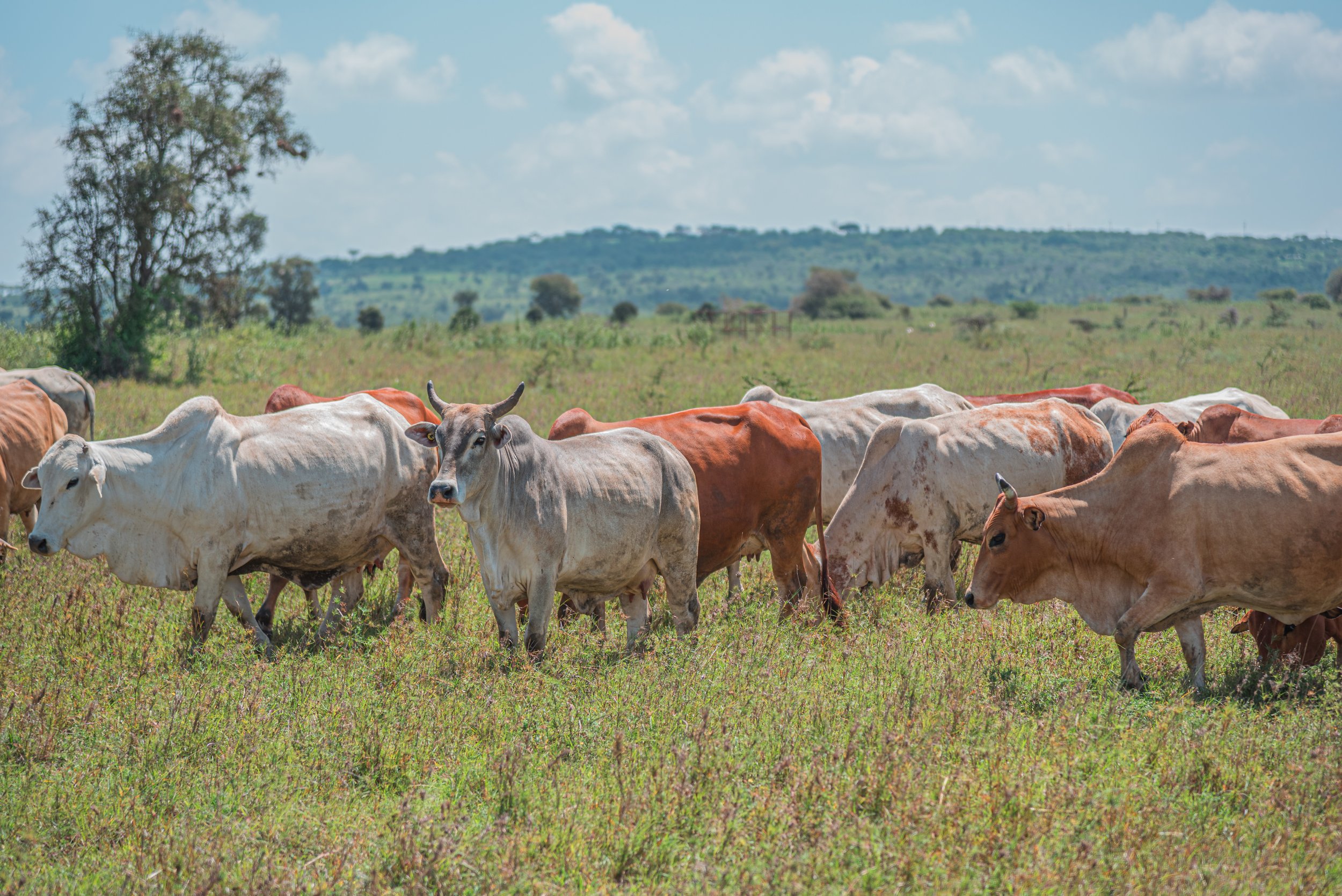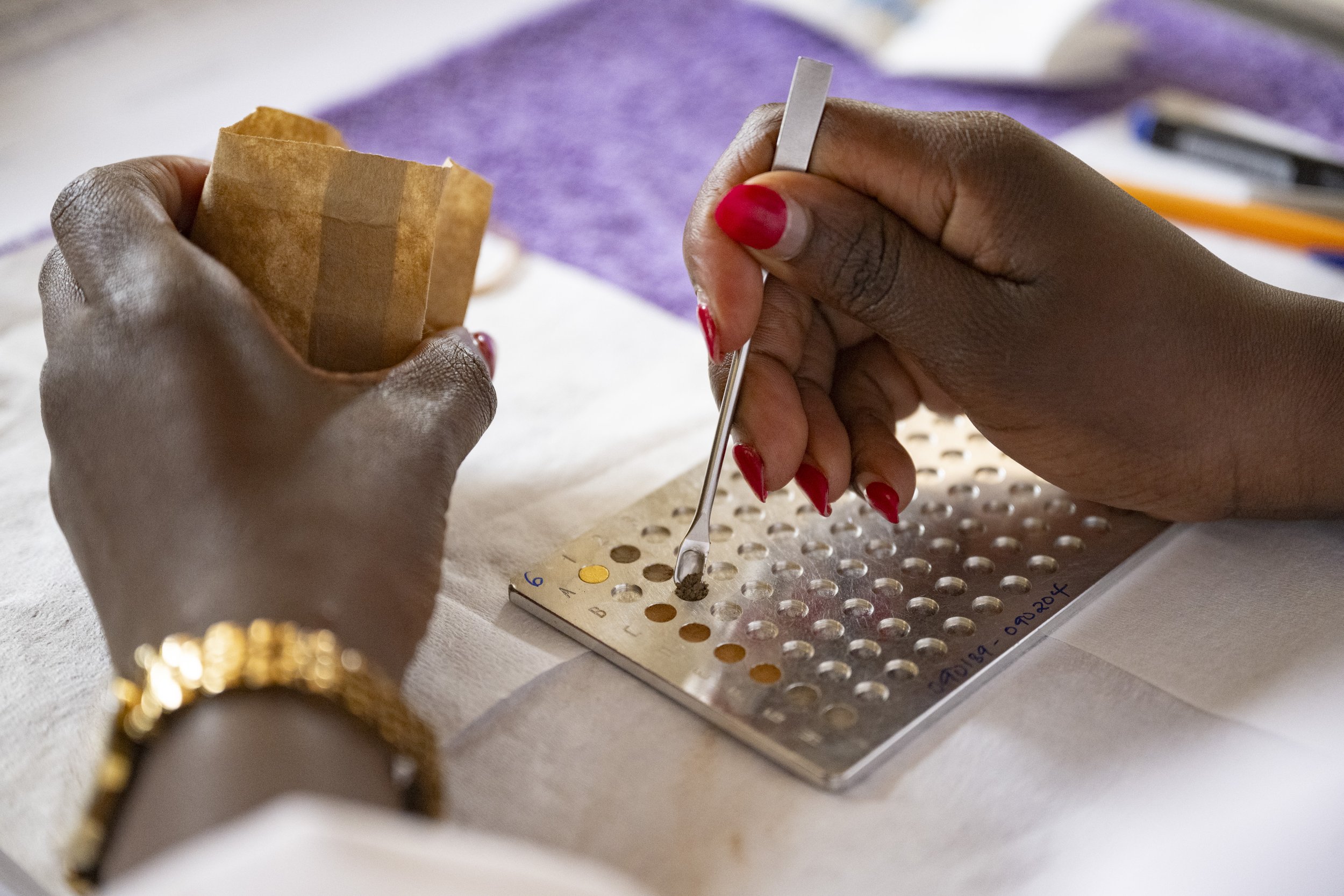
Soil Health Monitoring, Research in Development, and Implementation
Working Group
-

Vision
Our vision is to increase the total land area under sustainable management practices through projects that are co-implemented in partnership with CA4SH members. These initiatives aim to support farmers and stakeholders in the transition to healthy soil practices by providing the necessary resources, knowledge, and tools. We are dedicated to generating robust evidence that highlights the critical role of soil in enhancing livelihoods, making it climate resilient, and benefiting nature. To achieve this, we aim to identify and establish comprehensive soil health monitoring systems and conduct research that informs best practices and policy recommendations. In addition, we aim to foster dynamic farmer networks that facilitate peer-to-peer support and create tailored materials that help disseminate knowledge.
-

Objectives
→ Increase the number of hectares of land under improved practices for soil health.
→Bring evidence-based data into policy and other soil health dimensions.
→ Advance scientific research and innovation in soil health monitoring.
→ Develop effective methodologies for assessing indicators and metrics.
→ Support implementation on-the-ground.







Achievements of the Working Group
General Recommendations for Soil Health Monitoring (Alho et al., 2024)
Webinar Series to deliver insights on the science and knowledge needed to generate actionable soil health data, scale up monitoring efforts, and address key implementation barriers
Knowledge Bank
Co-develop papers on identified priority
topics for research, addressing demands
on the ground
Indicators and Metrics
Compile existing soil health metrics and indicators, assess their feasibility for farmer-led action and identify gaps where new tools could be developed
Case Studies
Highlight on-the-ground examples of soil health monitoring practices
Main output for 2025
Aligning on indicators and a framework for soil health
Collaborations for 2025
Global Soil Health Act
Webinars
Identify concrete examples, addressing challenges and opportunities to scale soil health interventions and track progress over time
Activities for 2025
Fundraising
To implement and track interventions
Recent News
Membership
4 per 10004 per 1000
Aaranyak
aESTI B.V.
Agreena ApS
Agroscope, the Swiss centre of excellence for agricultural research of Switzerland
BetterSoil
Biocon Biologics
Biome Makers
British Soil Society
Centre de Recherche en Sciences du Sol (CReSSol) (University of Kinshasa)
CGIAR Impact Platform on Environment and Biodiversity
Common Microbial Biotechnology Platform (CMBP)
Congo Green Society "CONGRES"
CropNuts
Dudu Dunia and Amani Institute and
DULCET Enterprise
EcoClimate Vision
EDAFOTEC Nature Based Solutons
Environmental and agro-rural civil society of Congo
Ethiopia, Ministry of Agriculture
European Compost Network - ECN
Faculdade de Ciências da Universidade de Lisboa - FCUL
GIZ/GIC Ethiopia
Green Youth Force
Greenup Solutions
Health of Soil International
Independent
Indigenous Partnership for Agrobiodiversity and Food Sovereignty
Individual
International Association of Students in Agricultural and Related Sciences (IAAS)
International Fertilizer Development Center (IFDC)
International institute of Tropical Agriculture (IITA)
IUSS
KALRO
KYETE BIINGI TAI NYEME-KBTN
Labor für Kunst und nachhaltige Bildung (LaKunaBi)
Land and Health Association
Moet Hennessay
National Committee for Family Farming NCFF Nigeria
One Acre Fund
One Vision Kenya
ORMEX
ReNature
RIMA
Rothamsted Research
SEEADO
SNV Netherlands Development organisation
Soil Health Institute
Sukaar Welfare Organization
Sustainable Harvest
Sustainable Soils Alliance
Tarbiat Modares University
TechnoServe
University of Life Sciences in Lublin
Wageningen University & Research
WBCSD
WWF International
Zambia, Department of Agriculture






